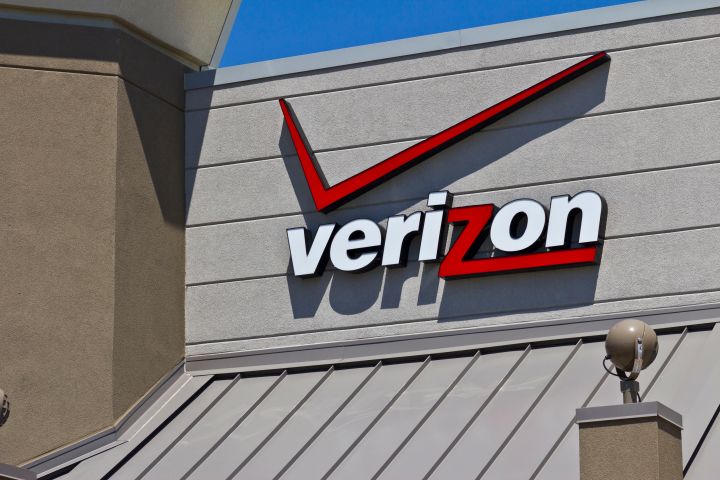
Verizon confirmed on Wednesday that it would be cutting off customers on unlimited data plans who burn through more than 200GB a month. These folks will be forced to either switch to limited plans next month, or be disconnected altogether.
The mobile carrier first discontinued its unlimited data plans to new customers in 2011, though those who were already enjoying endless data were allowed to stay on. But over the last six years, Big Red has slowly been looking for ways to cut down on the number of unlimited customers they maintain, and this latest change might be the most drastic move yet.
“Because our network is a shared resource, and we need to ensure all customers have a great mobile experience with Verizon, we are notifying a small group of customers on unlimited plans who use more than 200GB a month that they must move to a Verizon Plan by February 16, 2017,” Verizon spokesperson Kelly Crummey told Ars Technica.
If they refuse to do so, they “will be disconnected,” but will still have 50 days to reactivate their accounts should they elect a new limited data plan. But be warned — those new data plans are very expensive. The company’s 100GB per month plan will set you back a whopping $450, and that doesn’t even include “line access fees.” Considering that unlimited plans used to cost just $50 (even after their prices were raised), this will be quite the adjustment for customers to make.
So heads up, friends. If you’re used to streaming Netflix for hours on end from your phone, and you’re a Verizon customer, you may just need to find a different way to entertain yourself, or be willing to spend more than a pretty penny on your phone bill.
Editors' Recommendations
- AT&T customers past and present impacted by huge data leak
- Verizon’s new Welcome Unlimited plan makes 5G data a lot more affordable
- TCL’s Tab Pro 5G might be worth it for Verizon customers who want cheaper 5G
- T-Mobile confirms hack, investigates whether customer data was stolen
- T-Mobile investigating claims of massive hack involving customer data


